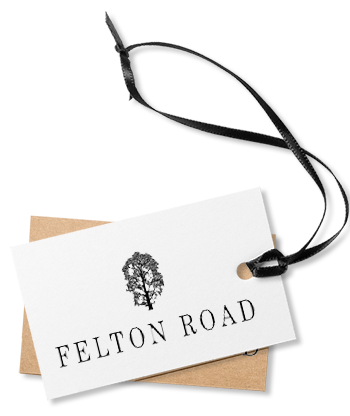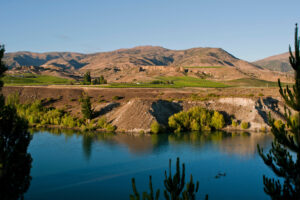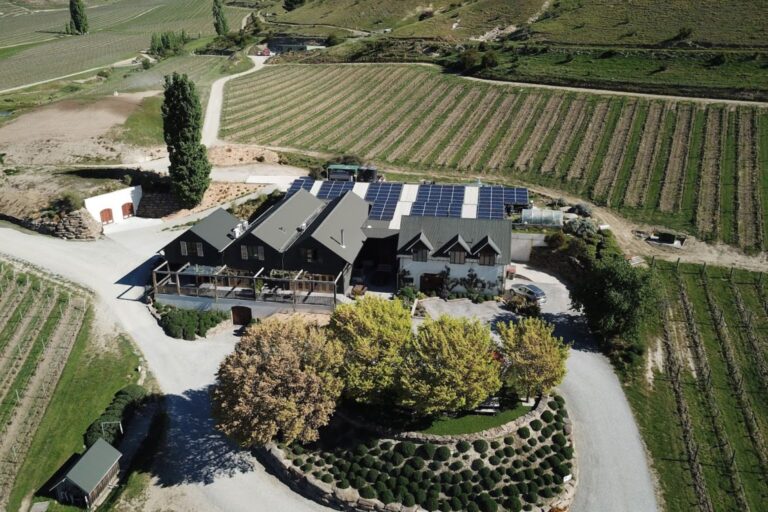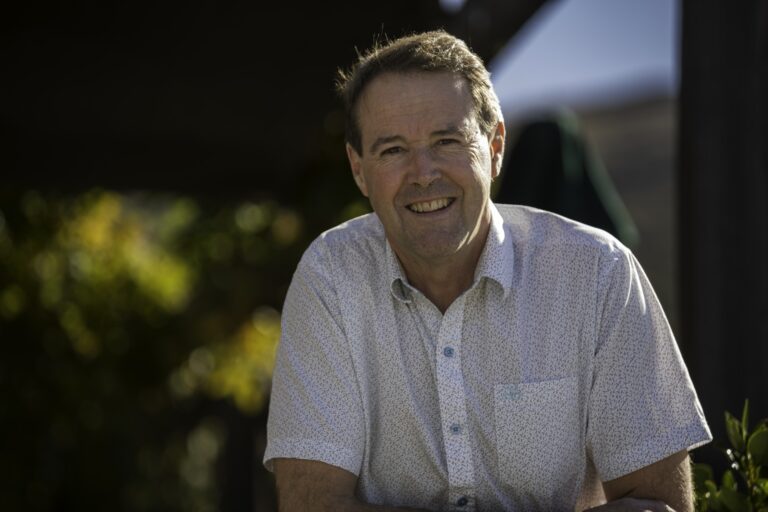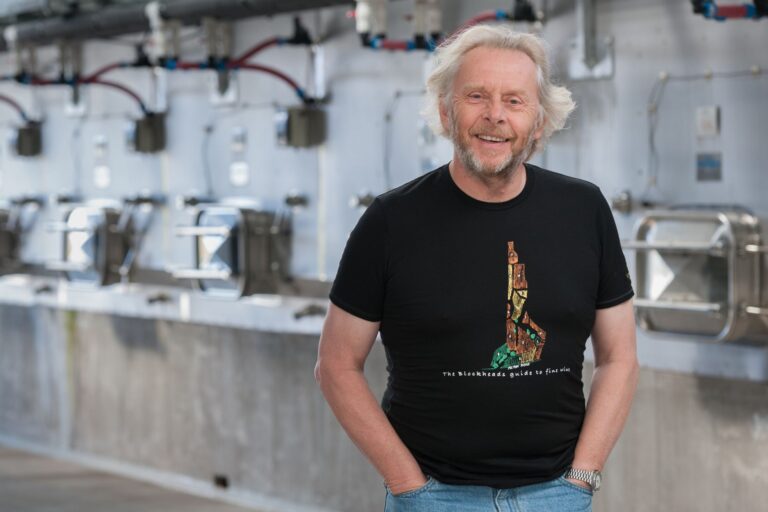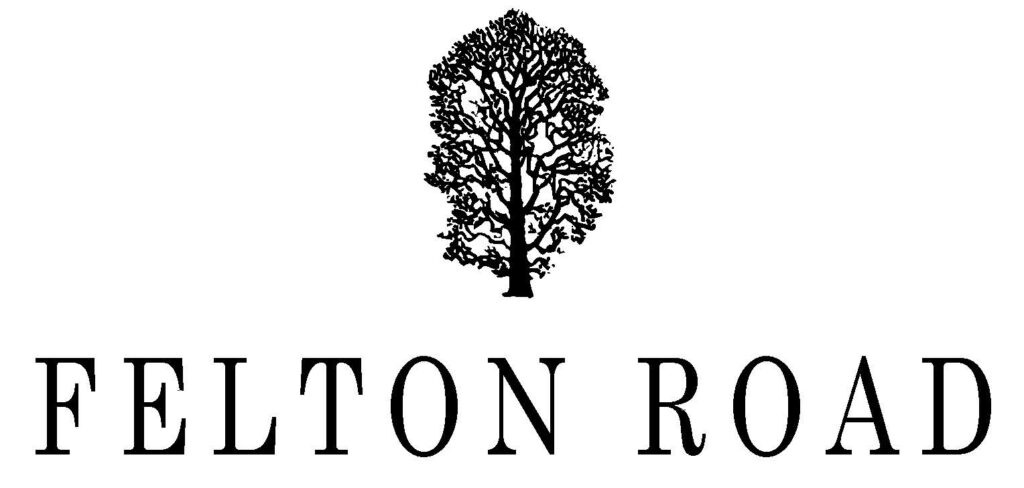Sustainable:
/səˈsteɪnəb(ə)l/
- Able to be maintained at a certain rate or level.
- Causing little or no damage to the environment and therefore able to continue for a long time:
- Able to be upheld or defended.
The first of these is fairly meaningless: yes, we can maintain at a level, but is that a good thing? By this definition, concrete is sustainable.
The second sounds good, but there is an awful lot here that isn’t worked through: what is damage to the environment? Who gets to define it?
Then the third: Able to be upheld or defended. That sounds like an immigration minister trying to defend an indefensible policy.
The problem here is that sustainability as a word is about stasis: leaving things as they are or returning things to some imagined “used to be”. But either way, the stated aim is to prevent change.
But ecosystems aren’t static. Ever. Our planet is a continuum. It changes remorselessly, driven on one side by the second law of thermodynamics; pushing everything towards a homogenous nothingness, and on the other: life; piling the energy of the sun into fighting that law and creating temporary explosions of complexity. It is dynamic, it’s complex, ever changing, never repeating.
The whole notion of an ecosystem is counter to sustainability. Rather, it is a war for dominance within an ever changing array of alliances and betrayals. And history teaches us what a horrible mess we make when we go into chaotic wars with good intentions to make things better.
I want to make things better. I want the land around us to benefit from our intrusions where we can help. But am I qualified as minister of war, or the minister of immigration in this insurrection? I am deeply uneasy at the idea of standing at the boundary of my land and saying, “you are welcome, you aren’t”. It smacks of hubris if we are charitable, genocide if we read it radically.
So. What to do?
I’m trying to fire the immigration minister and become the therapist. Give everybody a chance, but each has to be encouraged, coerced if necessary, to live with their neighbours. Native species don’t get automatic superiority over immigrants. Just as in our society, they were all immigrants once.
Rather than try to kill the thing causing the problem, we try to think about what is missing in the ecosystem that would naturally keep it in check. Add to the biodiversity rather than take it away and see if that helps to create complexity. Because it’s actually complexity we want, not sustainability. Deserts are sustainable, but not necessarily a desirable solution for feeding people, or for most species on the planet.
The natural opposite of the empty vacuum of entropy, is the chaos of life. The more there is, the more chaotic it is, the better we do our job. It should be dynamic and ever changing. Nothing says it should be pretty, or what we expect, or even what we want. Ultimately, we have to learn to respect the choices the environment lays down, whether we like them or not.
Nigel Greening
